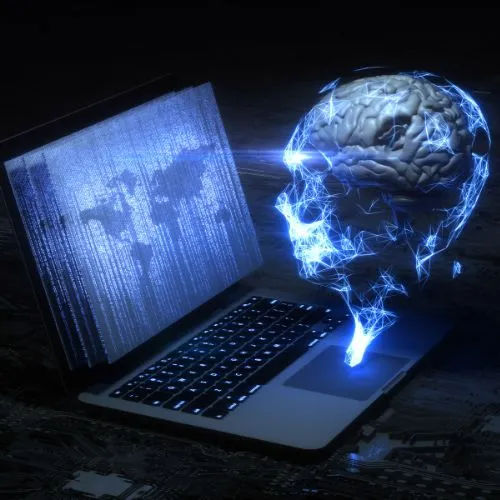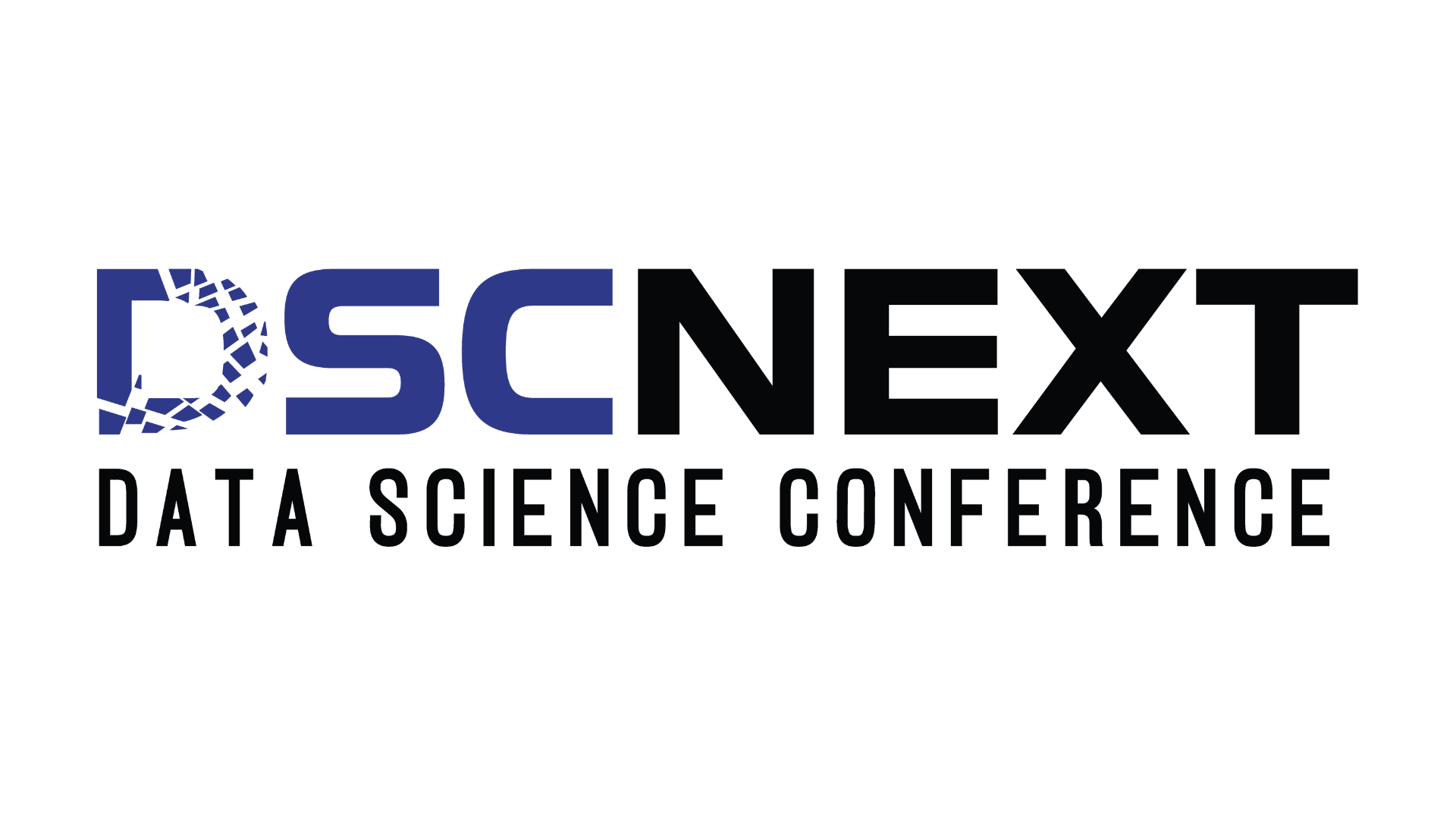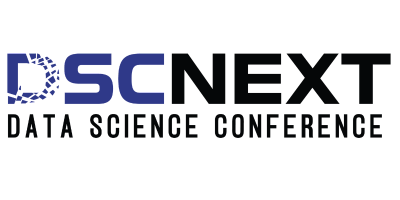Subject and Aim
#Subject & Aim
Subject and Aim
The “Data Science Conference” is a premier international event dedicated to exploring the rapidly evolving field of data science. It focuses on the latest advancements, methodologies, and applications of data science across various domains, including business, healthcare, social sciences, and technology. The conference aims to foster collaboration among researchers, practitioners, and industry experts to address complex data-driven challenges and leverage data science for innovative solutions.
- Objective: To advance knowledge and practice in the field of data science by facilitating collaboration between academic institutions, research organizations, and industry leaders. The conference serves as a platform for presenting cutting-edge research, sharing best practices, and discussing emerging trends in data science.
- Knowledge Transfer: Promote the exchange of ideas and findings related to data analytics, machine learning, artificial intelligence, big data, and related fields.
- Networking: Provide opportunities for attendees to connect with leading experts, practitioners, and peers to foster professional relationships and collaborative projects.
- Innovation: Highlight novel approaches, tools, and technologies in data science that drive innovation and address real-world problems.
- Impact: Contribute to the development of practical solutions and strategies that enhance data-driven decision-making and problem-solving across various sectors.

Data Analytics and Visualization
Data analytics and visualization are key to turning raw data into valuable insights for better decision-making. In this session, we’ll cover the essential tools and techniques used in this field. First, we’ll explore data visualization methods and tools like Tableau, Power BI, and D3.js, which help present data in a clear and engaging way. We’ll then move into advanced data analysis techniques, such as machine learning and predictive analytics, to help businesses uncover trends and make smarter decisions. Interactive data dashboards will also be discussed, allowing users to explore and analyze data in real-time, providing instant insights. We’ll also cover real-time data processing, highlighting how companies can analyze data as it’s generated for faster decision-making. Finally, big data analytics will be explored, showing how tools like Hadoop and Apache Spark can process large datasets to uncover powerful insights. This session will give you a practical understanding of how to leverage these tools for effective data analysis and visualization.
Machine Learning and Artificial Intelligence
Machine learning (ML) and artificial intelligence (AI) are revolutionizing industries by enabling systems to learn, adapt, and make decisions without human intervention. At the DSC event, we will explore a variety of topics within this space to equip participants with the knowledge needed to leverage these technologies effectively. We will start with supervised and unsupervised learning, two fundamental approaches in machine learning. Supervised learning uses labeled data to train models, while unsupervised learning identifies patterns in unlabeled data, allowing for new insights. Moving forward, we will dive into deep learning and neural networks, which replicate the human brain’s structure to solve complex tasks like image recognition, speech processing, and autonomous driving. The session will also cover natural language processing (NLP), a field of AI that enables machines to understand and interact with human language, powering applications like chatbots, sentiment analysis, and translation services. We’ll discuss the ethical considerations in AI, including bias, transparency, and accountability, ensuring that AI systems are developed responsibly. Finally, we will highlight how AI in predictive modeling is transforming industries, helping businesses forecast trends and optimize strategies based on data. This session will provide a comprehensive overview of the cutting-edge technologies shaping the future of AI and machine learning.


Big Data Technologies and Infrastructure
Big data technologies and infrastructure are the backbone of modern data-driven organizations, enabling them to manage, process, and analyze massive volumes of data. In this session, we will explore key areas that are crucial to building robust and scalable big data systems. We’ll begin with scalability and performance optimization, focusing on techniques to ensure that systems can handle increasing data volumes without compromising performance. We will then discuss data warehousing and management, essential for organizing and storing large datasets, ensuring that data is accessible, secure, and efficiently processed. The session will also cover cloud-based data solutions, exploring how platforms like AWS, Google Cloud, and Azure provide flexible, scalable environments for data storage and analytics. We’ll also dive into data storage and retrieval, focusing on technologies such as NoSQL databases and columnar storage that enable fast and efficient access to data.
Data Science Applications
Data science is transforming industries by enabling organizations to harness the power of data for better decision-making and innovation. In this session, we’ll explore a range of data science applications that are reshaping various sectors. First, we’ll look at data-driven marketing strategies, where businesses use data analytics to target the right audience, personalize campaigns, and measure performance. Next, we’ll explore financial data analysis, focusing on how data science helps in risk management, fraud detection, and investment strategies. We’ll also dive into social media analytics, where data science tools analyze user behavior and trends to drive engagement and brand growth. In healthcare analytics, we’ll discuss how data science is improving patient outcomes, optimizing treatment plans, and enhancing operational efficiency in healthcare systems. Finally, we’ll cover smart cities and IoT, showing how data science and the Internet of Things are being used to create smarter, more sustainable urban environments. This session will provide you with a broad understanding of how data science is applied across various industries, driving innovation and growth.


Ethics and Governance
As data science and AI continue to evolve, the need for ethical practices and strong governance frameworks is paramount. In this session, we will discuss the critical aspects of ethics and governance that ensure data is used responsibly and transparently. We’ll begin by exploring bias and fairness in data models, addressing how biases in data can lead to skewed results and unethical decision-making, and what can be done to mitigate these risks. We will then tackle ethical issues in data science, examining concerns such as the misuse of data, transparency in algorithms, and the impact of automation on jobs and society. The session will also highlight the importance of data governance frameworks, which provide structure and guidelines for managing data assets while maintaining data quality, consistency, and compliance. We will further discuss data privacy and security, focusing on best practices to protect sensitive information from breaches and unauthorized access. Lastly, we’ll cover regulatory compliance, ensuring organizations adhere to laws and regulations like GDPR and CCPA to safeguard individual rights and maintain trust. This session will offer a comprehensive view of the ethical considerations and governance practices necessary for responsible data management.

